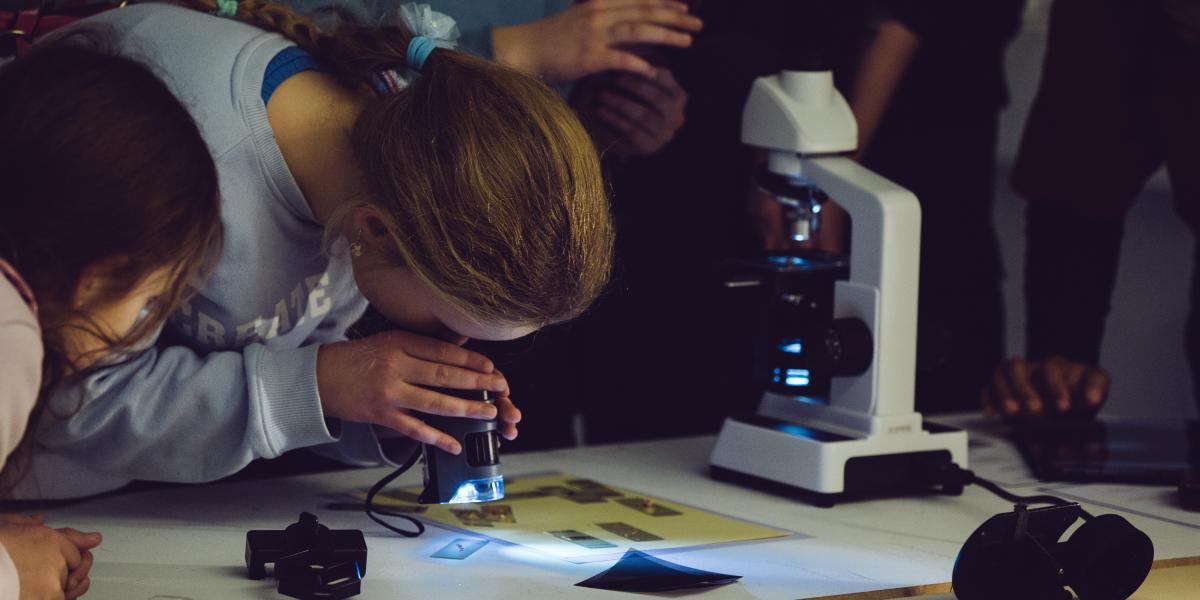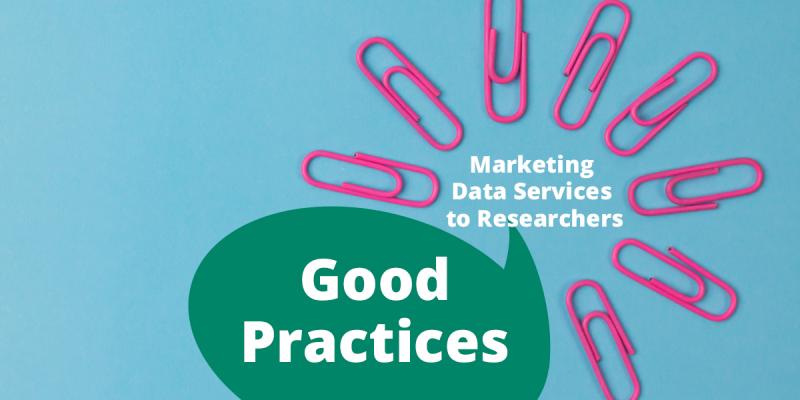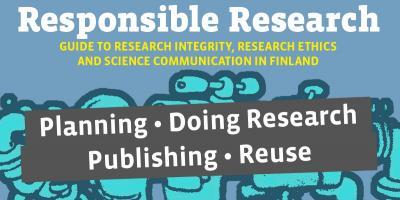
How are citizen science, science communication and science education interconnected, and what challenges and opportunities do they bring in today’s changing world?
At the 2025 Research Services Days, many presentations highlighted three key takeaways, but our discussion focused on how three concepts complement each other. Citizen science refers to research where people without formal scientific training can contribute to knowledge creation. Science communication means sharing information about processes, meaning, and results of science with diverse audiences. Science education helps us understand the world, strengthens critical thinking, and familiarizes people with scientific knowledge and methods.
During the discussion, it quickly became clear that this trio carries great potential. It can nurture a new generation of researchers while helping counteract science denial and misinformation. Science education provides the foundation for both citizen science and science communication, and all three increase the societal impact of research. Positive experiences and exposure to scientific methods can make research more accessible and build scientific capital.
Meaningful Interaction and Collaboration
Broad participation in science requires clear communication about its aims, impact, and expectations. A single observation entered in an open database, a personal mention in Bird Atlas, or a gold badge in a species observation app can all spark enthusiasm and motivate people to stay involved with science. At the same time, a contribution not leading to visible or immediate results can result in participant uncertainty. A lack of methodological understanding can also discourage participation. That is why it is crucial to communicate openly about the the aims of the research and different phases of the research process.
Regular interaction between researchers and participants builds trust and understanding. People from outside academia can become agents of science communication, engaging in dialogue with researchers and helping scientific knowledge reach broader audiences through their example.
Handbooks, toolkits, and shared best practices are ever valuable tools for this collaboration. National and international partnerships not only strengthen learning but also shape discussions on funding and competition in a positive way.
Genuine Interest Expands Perspectives
The discussion emphasized that attracting attention requires clear and timely communication. In an era of information overload, the competition for people’s time and focus is intense. Science communication must balance accuracy with sensation. What kinds of stories resonate, and where can we find receptive audiences? It is vital to move beyond speaking only to those with already high scientific literacy and instead foster broad dialogue that goes both ways.
Practical examples of broadening perspectives included researchers from the University of Eastern Finland participating in the Ilosaarirock music festival and the Researchers’ Night coordinated by the University of Jyväskylä.
Science communicators, educators, and researchers should be encouraged to create spaces for interacting and working together with everyday environments and people. Institutional communication has its place, but news stories and social media alone rarely lead to genuine engagement. Beyond catching attention, the goal is to awaken lasting curiosity and motivation to help people find meaning and joy in participating in science.
Diversity is in Demand
Attitudes and perceptions play a key role in both citizen science and science communication. Some researchers still view citizen science with skepticism or regard it as mere popularization. Others weigh whether doing science communication or a peer-reviewed article will better serve their career. Yet these forms of output represent different kinds of impact. While an article may advance an academic career, most of society neither speaks that language nor has access to it.
In the end, all roads lead to research evaluation and recognition. The discussion at the Research Services Days encouraged questioning old assumptions and refreshing perspectives to ensure that openness, participation, and dialogue continue to strengthen the role of science in society.
Translation: Jonni Karlsson (translation done supported by ChatGPT)
Original text in Finnish: Jonni Karlsson (Federation of Finnish) , Pauliina Lehtonen (Tampere University), Inka Stormi (Häme University of Applied Sciences)
Photo: Jaana Tihtonen


